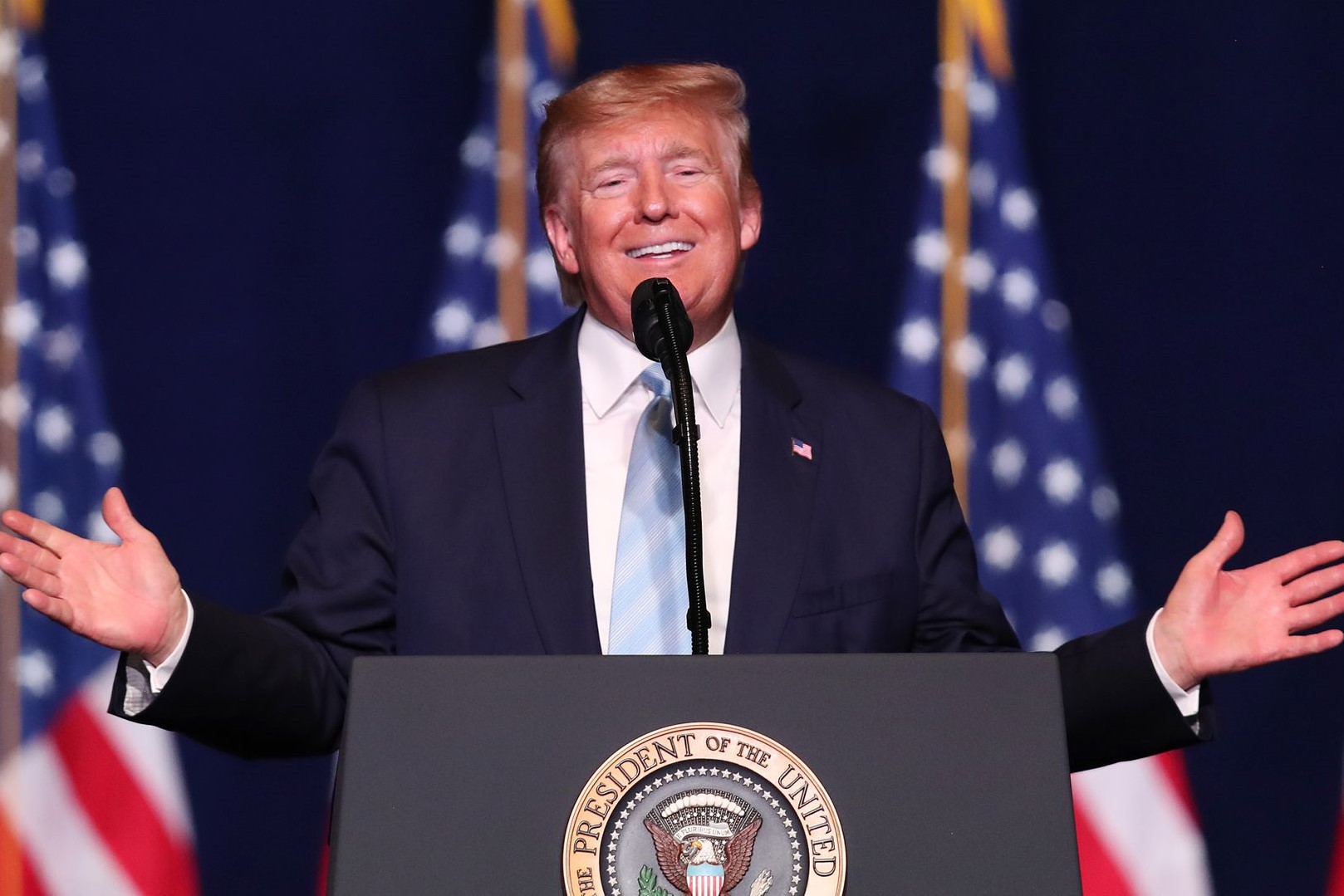Donald Trump, Oprah Winfrey and Steve Jobs each illustrate the power of an effective narrative. We may not like the narrative, but there’s no doubt that each rose to be incredibly influential – in part due to their skill in delivering a good brand story.
So, what can we learn from their methods?
First, they deliver with a narrative structure. Good stories follow a general “agreement, contradiction, consequence” structure to engage the audience, build tension, and then deliver the resolution.
Second, each have delivered a comeback story. And everyone loves a comeback story. They inspire us, embolden us, and give us hope. They portray a moment of bold choice, a place where we put ourselves in the story and wonder if we would have the courage to do the same.
Let’s look at Steve Jobs.
Steve specifically honed his narrative skills to sell his product, create brand loyalty and to lead his team. He once said “The most powerful person in the world is the storyteller.” He took this to heart and used it to take Apple to the top. Even their product updates are a cliff-hanger with everyone waiting to see what Apple is going to do next.
His comeback story is well-known – he was fired from his own company, only to come back a decade later and lead it from near bankruptcy to the most valuable brand in the world. He described getting fired from Apple as “the best thing that could have ever happened to me.” How many of us would return to the company that fired us and turn the story into a positive?
Oprah’s story is also well known.
She was born to a poor, teenage mother and abused as a child. One of her first jobs fired her for being unfit for TV. (Imagine, for a moment, being the person who fired Oprah from television.) She then hosted a low rating talk show on an AM radio station and within a few months it was ranked #1. She was a millionaire in her early 30’s. Now, she is valued at over $2.5 billion.
Oprah’s has narrative intuition. If you listen to her interviews and speeches, you’ll find that she consistently delivers on the ‘agreement, contradiction, consequence’ model. She engages the audience, builds up to tension, and releases with resolution, over and over.
A prime example is her speech at the 2018 Golden Globes. After this speech, people talked about Oprah running for president. Not because she made a political stance, or made promises to change things for America, but because she told a powerful story that touched people’s hearts.
Which leads us to Donald Trump.
He has been called (among many other things) the “master of narrative.” Why? Because he keeps listeners hooked with incredibly concise narratives run on a loop. He speaks in problem-solution-problem-solution over and over. He addresses a problem, quickly gets to the conflict (what’s holding up progress?) and then straight to the action needed for resolution (in his opinion, anyway).
‘We love our Mexican friends, but too many are illegal, therefore we need to build a wall.’
‘Muslims aren’t bad, but some of them are terrorists, so we need to stop them coming into our country.’
And as for a comeback story – his entire campaign is based on one. What is “Make America Great Again” if not a comeback story? His narrative banks on the emotions of mourning what was and a fear that it will never be so again, that it is lost forever and America will miss out on future opportunities because of it. It’s patriotism and FOMO touching hearts in parts of a culture that was built on both.
‘Our country used to be great! But now it isn’t as much as it used to be. So we need to make America great again!’
In fact, most of his narrative refers back to this central comeback story. We need to stop Mexican immigrants coming in illegally – why? – so we can make America great again. Not all Muslims are bad but some of them are terrorists, so we need to stop them from coming in – so we can make America great again.
Trump sold a story.
He made the comeback story of America his campaign slogan. He reinforces that story with concise narratives, over and over again, every day. And that is the power of an effective narrative.
Whether you’re an individual with an idea that can change the world, a skilled communicator who relates to people from all walks of life, a politician hungry for power or just a regular person trying to succeed in business – the power of your brand story can take you where you want to go.
There’s no reason YOU can’t take on the world, if you apply the power of story to your business. Our proven 3-step narrative framework will give your brand story such simple clarity it’ll strike straight to the core of your customers’ hearts and minds.

